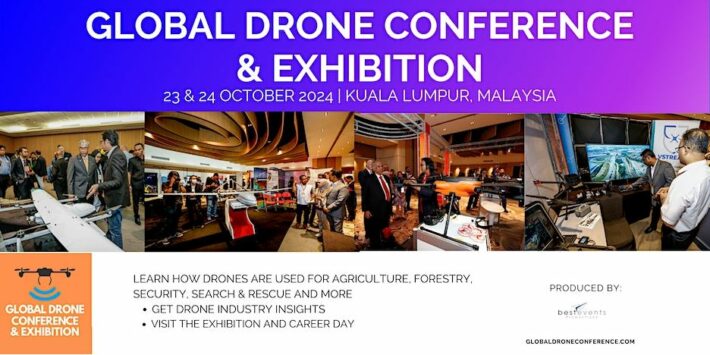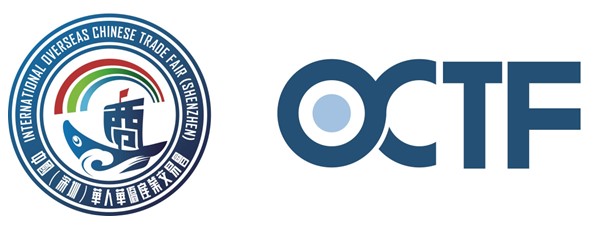Expectation, Perception and Cognition 2020
Description
Humans and other animals are prediction machines. Our previous experiences allow us to predict the future – to form expectations that can shape our choices (we might choose to take route A to work because the traffic will be bad on route B; or get coffee at café X because it will taste nicer than at café Y). But new research shows that expectations don’t just influence our overt choices: they also influence how we perceive sensory events in the world, and how we process information relating to those events. This two-day workshop will examine how expectations can alter our perception, and can modulate neural and psychological mechanisms of information processing.
Day 1: Virtual Workshop – Thursday 1st October, 2020
**FREE Registration Open NOW**
The workshop will run from 5-8pm (Australian Eastern Standard Time), 8-11am (British Summer Time), 9-12 (Central European Summer Time). Five keynote presentations (each 30 minutes) will be followed by a 30 minute Q&A panel discussion.
We are very pleased to announce the following keynote presenters:
Prof Thomas Whitford (UNSW Sydney): Professor Whitford leads a research laboratory at the University of New South Wales. His research uses EEG to explore the phenomenon of sensory attenuation, which is that self-generated stimuli tend to be perceived as less intense, and evoke a smaller neurophysiological response, than identical externally-generated stimuli. Sensory attenuation has important implications for understanding psychotic disorders such as schizophrenia, and may relatedly provide a framework for quantifying the physical and temporal properties of a person’s inner speech.
Prof Paul Dux (University of Queensland): Professor Dux leads a group that uses cutting edge techniques to study the cognitive and neural underpinnings of human information-processing capacity limitations in health and disease. Of specific interest are the mechanisms of attention and executive function and the efficacy of cognitive training and brain stimulation.
Prof Heleen Slagter (Vrije Universiteit, Amsterdam): Professor Slagter heads the Cognition & Plasticity lab, with research utilising EEG and fMRI to investigate the neural basis of core cognitive functions and the plasticity of these functions. She studies the mechanisms that allow us to select, suppress, and become aware of information in the environment and the role of past and new experiences in shaping these mechanisms.
Prof Jan Theeuwes (Vrije Universiteit, Amsterdam): Professor Theeuwes is the Head of Department for Experimental and Applied Psychology at the VU. He uses a variety of methods to examine how external stimuli and past learning history influence perception and cognition. His current research program aims to investigate how we learn to extract statistical regularities from the environment and how this affects attentional selection.
Dr Clare Press (Birkbeck, University of London ): Dr Press leads the Action Lab at Birkbeck. Her research examines questions relating to action and perception, the link between these domains and the role of expectations in influencing perception. She investigates how we generate and update predictions regarding the consequences of our movements and how this influences ongoing action selection.
Day 2: Poster Session – Friday 2nd October, 2020
**Poster submission deadline: 18th September, 2020**
The poster session will run from 5-7pm (Australian Eastern Standard Time), 8-10am (British Summer Time), 9-11am (Central European Summer Time).
Posters will be accompanied by a 6 minute recorded video presentation, and presenters will be encouraged to make themselves available for an online discussion room during the session.
Ticket Information
Tickets
Event Calendar
Thursday, Oct 1 - Friday, Oct 2



